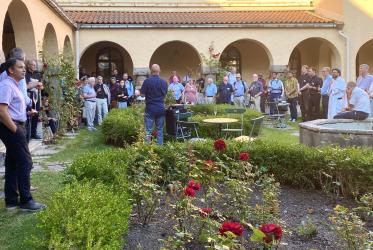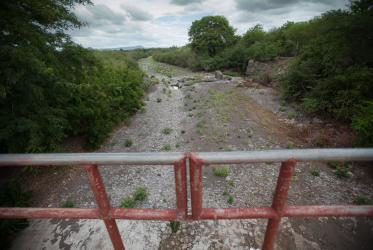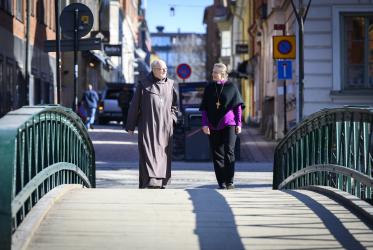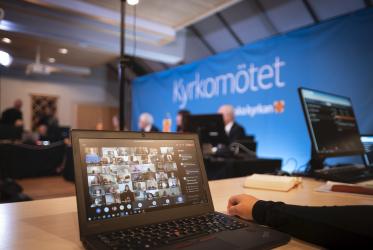Displaying 21 - 40 of 208
19 September 2022
Uppsala 1968: The times, they were a’changing
06 September 2022
Church of Sweden publicly apologises for abuse of Sámi people
26 November 2021
Online spiritual dialogue fulfils growing needs
15 July 2021
La Semana de oración por la unidad cristiana en imágenes
02 February 2021
In pictures: Week of Prayer for Christian Unity
01 February 2021
Driven by God’s grace and a sense of duty
05 November 2020
WCC president addresses unique assembly of Church of Sweden
09 October 2020













